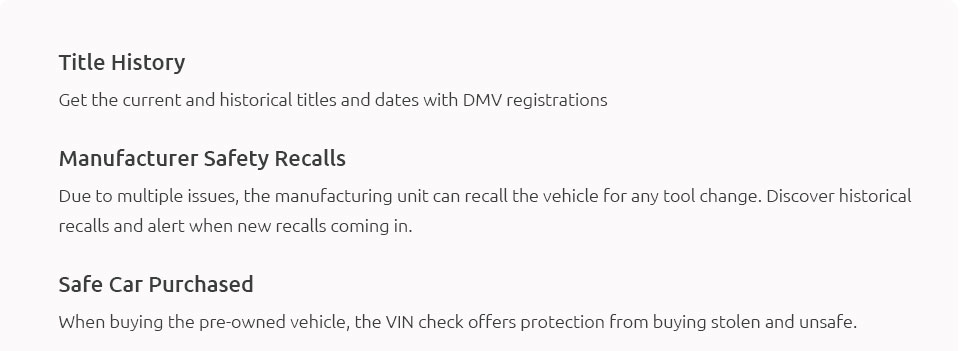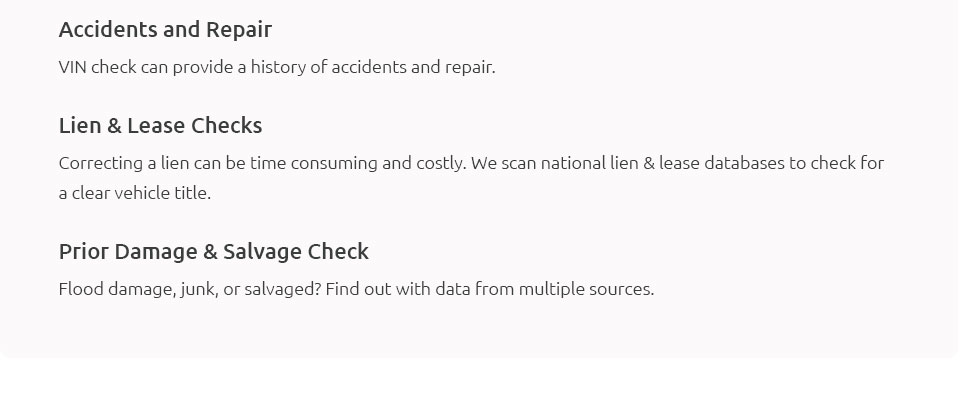 |
 |
 |
 |
 |
||
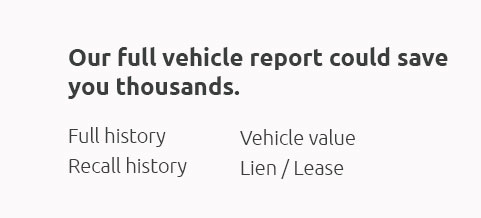 |
 |
|
 |
 |
|
 |
 |
 |
 |
||
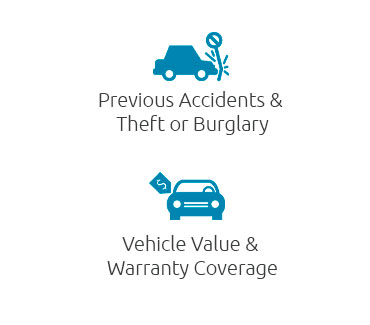 |
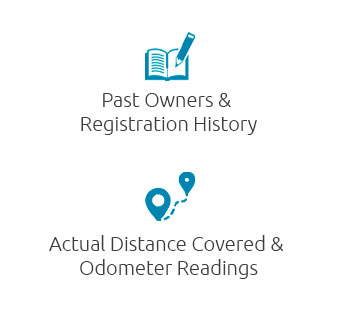 |
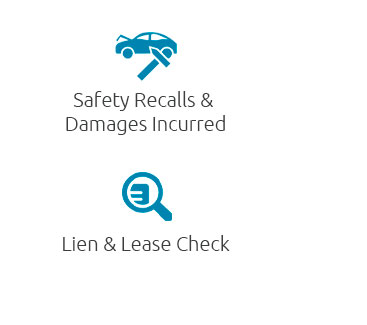 |
 |
 |
 |
||||
|
||||
 |
 |
How to Check a License Plate Number: An In-Depth GuideDelving into the realm of license plate numbers can be a perplexing endeavor, yet it remains an essential aspect of vehicle ownership and safety. Whether you're buying a pre-owned car, have concerns about an unfamiliar vehicle in your neighborhood, or simply wish to verify some information, understanding the process of checking a license plate number can be immensely beneficial. In this article, we will explore the various methods available, weigh their advantages and disadvantages, and offer some insightful opinions on the matter. Firstly, let us consider the most straightforward approach: utilizing official state Department of Motor Vehicles (DMV) resources. Most states provide an online platform where you can conduct a license plate lookup, which is often a reliable and secure way to obtain the information you need. However, this method is typically restricted to ensuring privacy and security, meaning that the information you receive might be limited to basic vehicle details without delving into personal information about the owner. This limitation is both a pro and a con; while it respects privacy, it may not always satisfy the inquirer’s curiosity. On the other hand, there are various third-party websites that offer more comprehensive checks, including ford vehicle search by vin and vin info search. These platforms often provide additional data such as vehicle history, accident reports, and even owner information in some instances. While these services are incredibly thorough, one should exercise caution due to potential issues concerning data accuracy and privacy breaches. It’s imperative to choose reputable services to ensure the reliability of the information you receive. Another option worth considering is hiring a professional to conduct the search. Private investigators have access to databases that are not available to the general public, which can yield detailed results. This method, though often more costly, can be advantageous if you require detailed background checks. The downside, of course, is the cost and the necessity to trust a third party with sensitive information. In addition to these methods, there are mobile applications available that promise quick and easy access to vehicle information. These apps can be convenient, especially for those who prefer handling such tasks on the go. However, the user should be wary of apps that require extensive permissions or those that seem to offer too much for free, as they might compromise your personal data or deliver inaccurate information. In conclusion, checking a license plate number involves a blend of convenience, privacy considerations, and the need for accurate information. While state DMV platforms offer a straightforward and secure approach, third-party services and professional investigators provide more detailed insights at the expense of privacy and cost. Ultimately, the choice depends on the level of detail required and one’s comfort with privacy risks. As with many online services, a discerning eye and a cautious approach are key to making the most of these resources. https://services.flhsmv.gov/mvcheckpersonalplate/
Enter each desired personalized plate configuration in one of the boxes below. License plates with a center design may have up to 7 characters (with an ... https://www.youtube.com/watch?v=9ndzvtSqbj8&pp=ygUPI251bWJlcnBsYXRlY2Fy
1. Verify the tag (license plate) really belongs to the vehicle you see it on. Easy. 2. Turn the tag into a VIN (vehicle identification number) ... https://www.flhsmv.gov/motor-vehicles-tags-titles/license-plates-registration/
The below county designation plate is also considered a standard license plate; however, it is only available in some participating counties. Please check with ...
|

